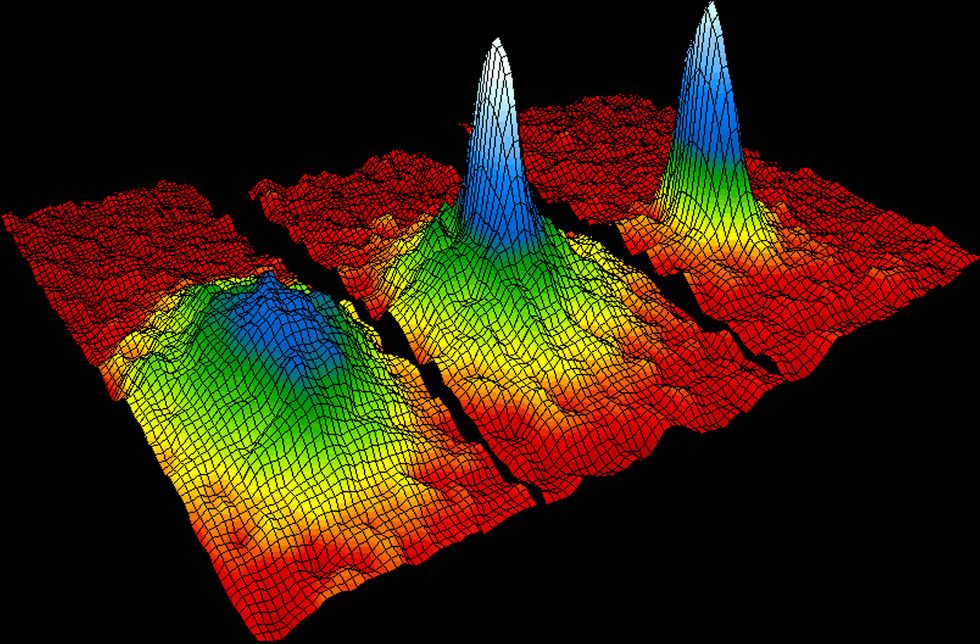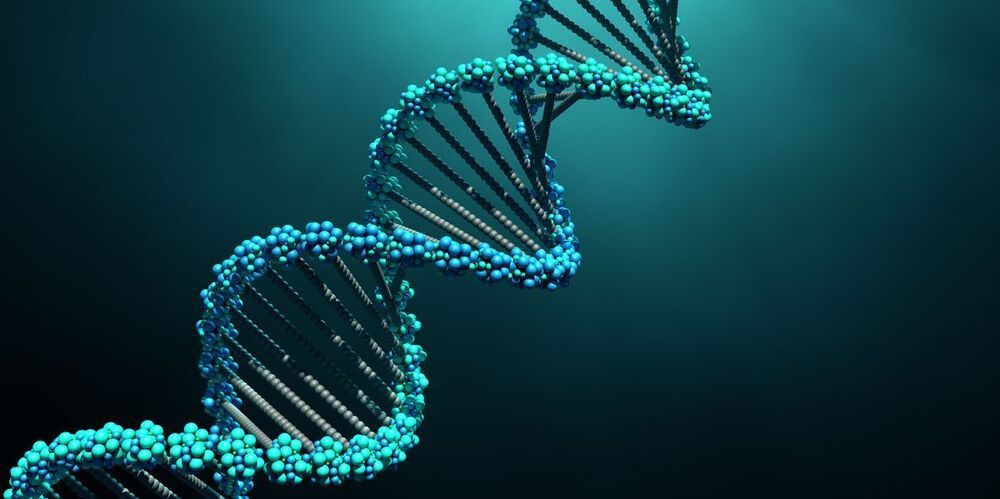The space agency is launching two missions to study Venus’ atmosphere and geological history.
“I did a lot of screaming and jumping up and down,” Grinspoon tells Inverse. “I scared my dog.”
On Wednesday, NASA selected both DAVINCI+ and another Venus mission, VERITAS, to study the planet’s atmosphere and geological history. It will mark a return to Venus after decades away.
By returning to Venus, it could answer questions both intriguing, like if Venus ever had the right conditions for life, and existential, like if Venus is a vision of our future.








